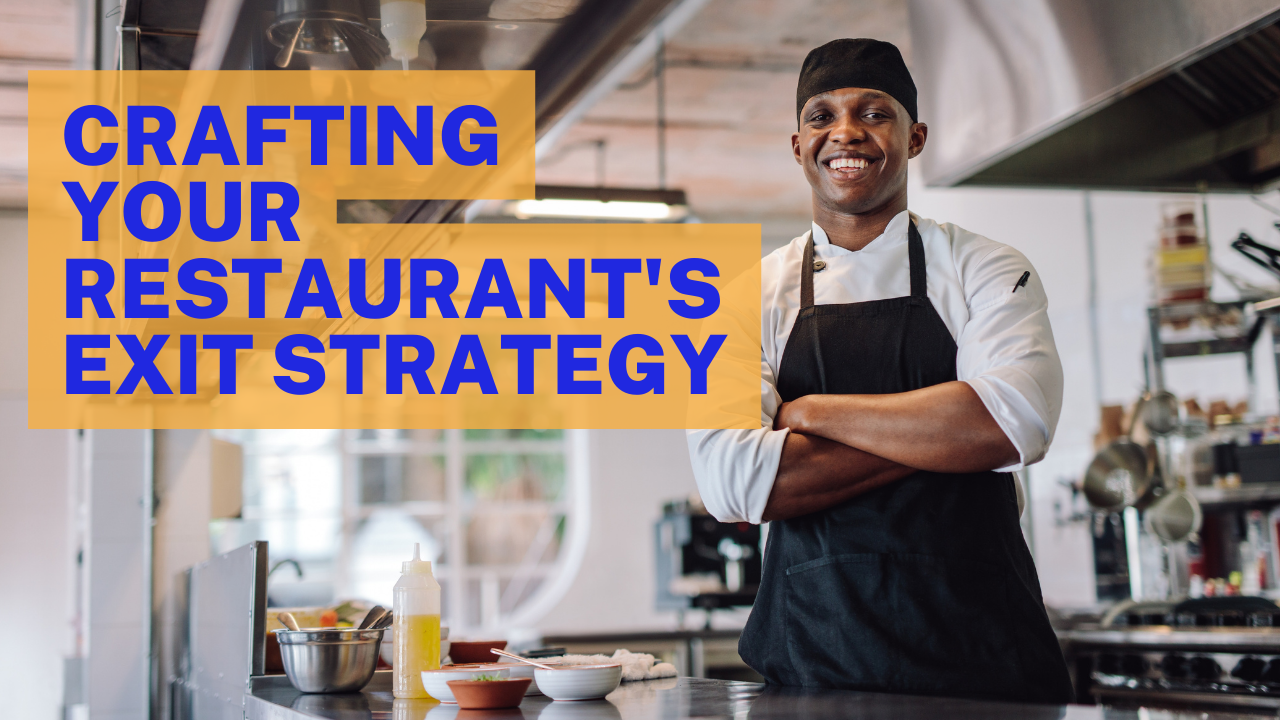The ITB Business Improvement Process: Your Roadmap to Profit and Growth
Introduction No founder should embark on their business journey without a clear strategic, financial, and operational plan. Just as no airplane takes...
3 min read
Omari Kamal : Jul 2, 2024 1:18:00 PM

Building a restaurant with the intention of selling it for maximum value requires strategic planning and meticulous execution. In this guide, we will explore key strategies to enhance your restaurant's appeal to potential buyers, covering essential aspects such as financial health, operational efficiency, and market positioning. By implementing these strategies, you can significantly boost your restaurant's worth and attract the right buyers.
Conduct a Thorough Financial Health Check One of the first steps in preparing your restaurant for sale is ensuring its financial health is in excellent shape. Potential buyers will scrutinize your financial records, so it’s crucial to have clear, accurate, and up-to-date financial statements.
Streamline Processes and Reduce Waste Operational efficiency is a key factor in increasing your restaurant’s value. Efficient operations not only enhance profitability but also make your restaurant more attractive to potential buyers.
Build a Strong Brand and Unique Value Proposition A strong brand and unique value proposition make your restaurant stand out in a crowded market. This is crucial for attracting potential buyers who are looking for established businesses with a clear market position.
Effective Marketing to Attract Buyers An effective marketing strategy is essential for attracting potential buyers and showcasing the value of your restaurant.
Invest in Maintenance and Aesthetics The physical condition of your restaurant plays a crucial role in its valuation. A well-maintained and aesthetically pleasing restaurant is more likely to attract potential buyers.
Organize All Necessary Documentation When selling your restaurant, potential buyers will conduct due diligence to assess the viability and value of your business. Be prepared with all necessary documentation to facilitate this process.
Engage Business Brokers and Legal Advisors Selling a restaurant involves complex transactions and legalities. Working with professionals can help you navigate the process smoothly and ensure you get the best deal.
Case Study: Successful Restaurant Sale
A Real-Life Example Consider a restaurant owner who decided to sell after successfully running the business for 10 years. By following the strategies outlined in this guide, they prepared their restaurant for sale by improving financial health, optimizing operations, and enhancing market positioning. They worked with a business broker and legal advisor to navigate the sale process. The result was a seamless transaction that attracted multiple offers and ultimately sold the restaurant at a premium price.
Conclusion: Building a Restaurant to Sell
Building a restaurant to sell requires strategic planning, operational efficiency, and effective marketing. By focusing on financial health, operational excellence, and strong market positioning, you can maximize your restaurant’s value and attract potential buyers. Start implementing these strategies today to ensure a successful sale when the time is right. For more tips and insights on building and selling a restaurant, subscribe to our newsletter and stay updated with the latest trends in the restaurant industry.

Introduction No founder should embark on their business journey without a clear strategic, financial, and operational plan. Just as no airplane takes...

The 9 Principles provide a framework for fulfilling any business goal and working through any business problem. Once again, however, there are no pat...

Introduction